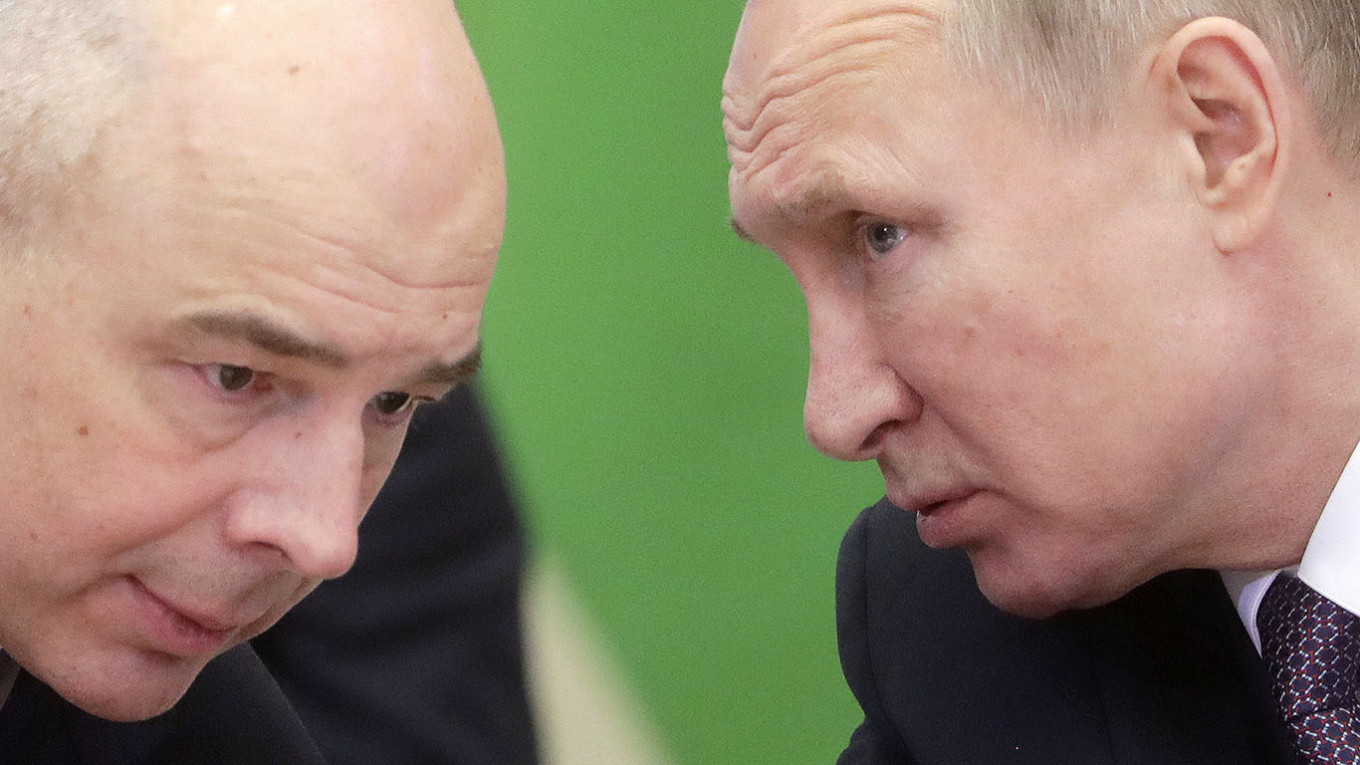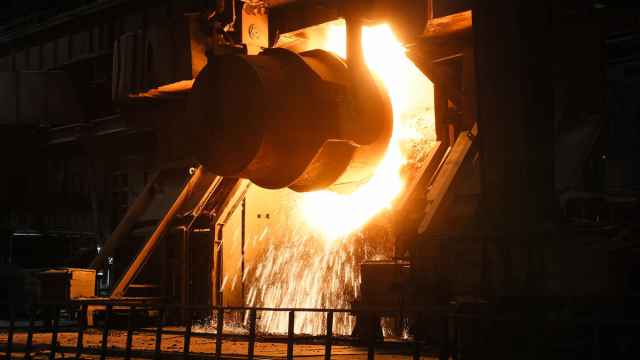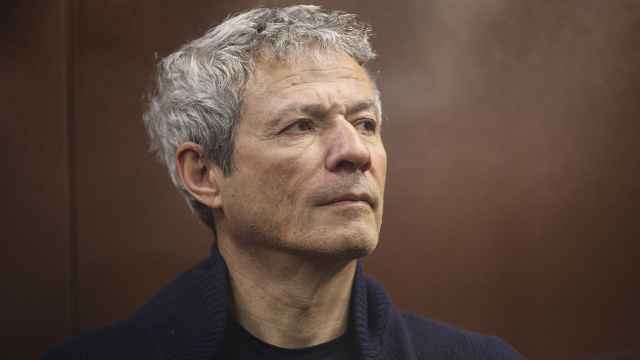Russian authorities’ hopes of attracting Western capital to the domestic stock market have so far failed to materialize, as investors from “unfriendly” countries have shown little interest in new government-backed accounts designed to protect their funds from freezing.
President Vladimir Putin in July signed a decree allowing non-residents to place money in a new type of account, known as “In” accounts, and invest in Russian securities, deposits and derivatives with guarantees that the funds would not be frozen. The Central Bank developed the accounts specifically for new foreign inflows.
“So far, we have not received any applications,” Central Bank Deputy Governor Filipp Gabuniya said Thursday.
The accounts are open to residents of all countries, both “friendly” and “unfriendly,” and are intended to attract new capital while existing foreign assets remain blocked in so-called “C” accounts.
These frozen accounts, containing proceeds, interest and dividends from Russian assets, cannot be converted to foreign currency or withdrawn without government approval.
Estimates by the Gaidar Institute put foreign holdings in Russian stocks and bonds at $192 billion, while the total value of frozen C accounts at the start of 2024 exceeded 1 trillion rubles ($11.9 billion), though the Central Bank has pegged the total amount needed to repurchase frozen assets at nearly 6 trillion rubles ($71.4 billion).
Finance Ministry officials said non-resident interest in the new mechanism fluctuates with geopolitical developments.
At the start of 2025, when the decree had been announced but not yet signed, foreigners bought Russian government bonds (OFZs) at Finance Ministry auctions, but the volumes remained small relative to the size of the market.
Deputy Finance Minister Ivan Chebeskov called earlier inflows “cowboy money” — risk-takers willing to invest despite sanctions — but acknowledged the overall scale was modest, amounting to hundreds of millions of dollars.
Deputy Finance Minister Alexei Moiseev expressed optimism that high yields might eventually attract investors.
“Despite everything, greed wins out. And the high returns available here will certainly lead to foreign investment inflows once people are confident they can safely withdraw their funds,” he said.
Meanwhile, Putin has set a national development goal of doubling the capitalization of Russia’s stock market to 66% of GDP by 2030. Central Bank Governor Elvira Nabiullina has repeatedly emphasized that investor trust is a key condition for achieving this target.
Authorities justify the blocking of foreign assets as a response to the freezing of roughly $300 billion in Russian reserves abroad, arguing it helped stabilize the financial system after the war began.
Some officials also view frozen assets as a compensatory fund in case reserves are seized, with First Deputy Governor Vladimir Chistyukhin calling them an “exchange fund.”
However, measures such as forcing foreign investors to sell assets at steep discounts — first 50%, then 60% — or imposing an exit tax on companies leaving Russia, now set at 35%, complicate the official narrative that asset freezes are merely defensive.
A Message from The Moscow Times:
Dear readers,
We are facing unprecedented challenges. Russia's Prosecutor General's Office has designated The Moscow Times as an "undesirable" organization, criminalizing our work and putting our staff at risk of prosecution. This follows our earlier unjust labeling as a "foreign agent."
These actions are direct attempts to silence independent journalism in Russia. The authorities claim our work "discredits the decisions of the Russian leadership." We see things differently: we strive to provide accurate, unbiased reporting on Russia.
We, the journalists of The Moscow Times, refuse to be silenced. But to continue our work, we need your help.
Your support, no matter how small, makes a world of difference. If you can, please support us monthly starting from just $2. It's quick to set up, and every contribution makes a significant impact.
By supporting The Moscow Times, you're defending open, independent journalism in the face of repression. Thank you for standing with us.
Remind me later.






